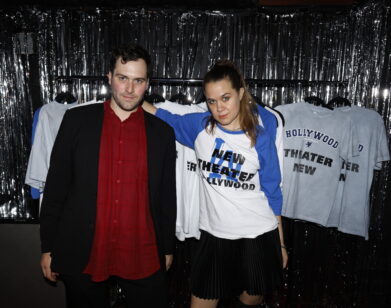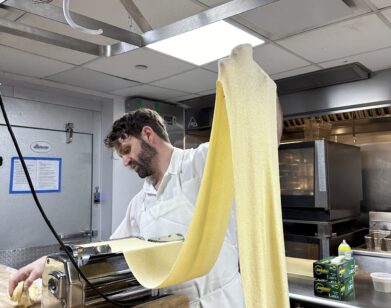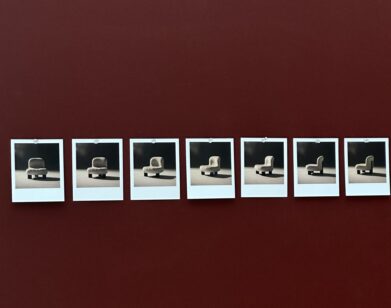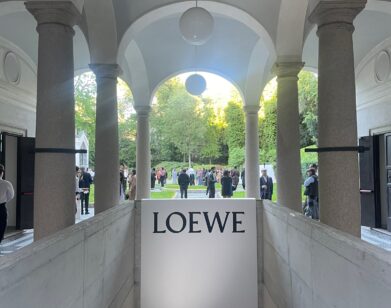Kenan Trebincevic’s Memoir Therapy
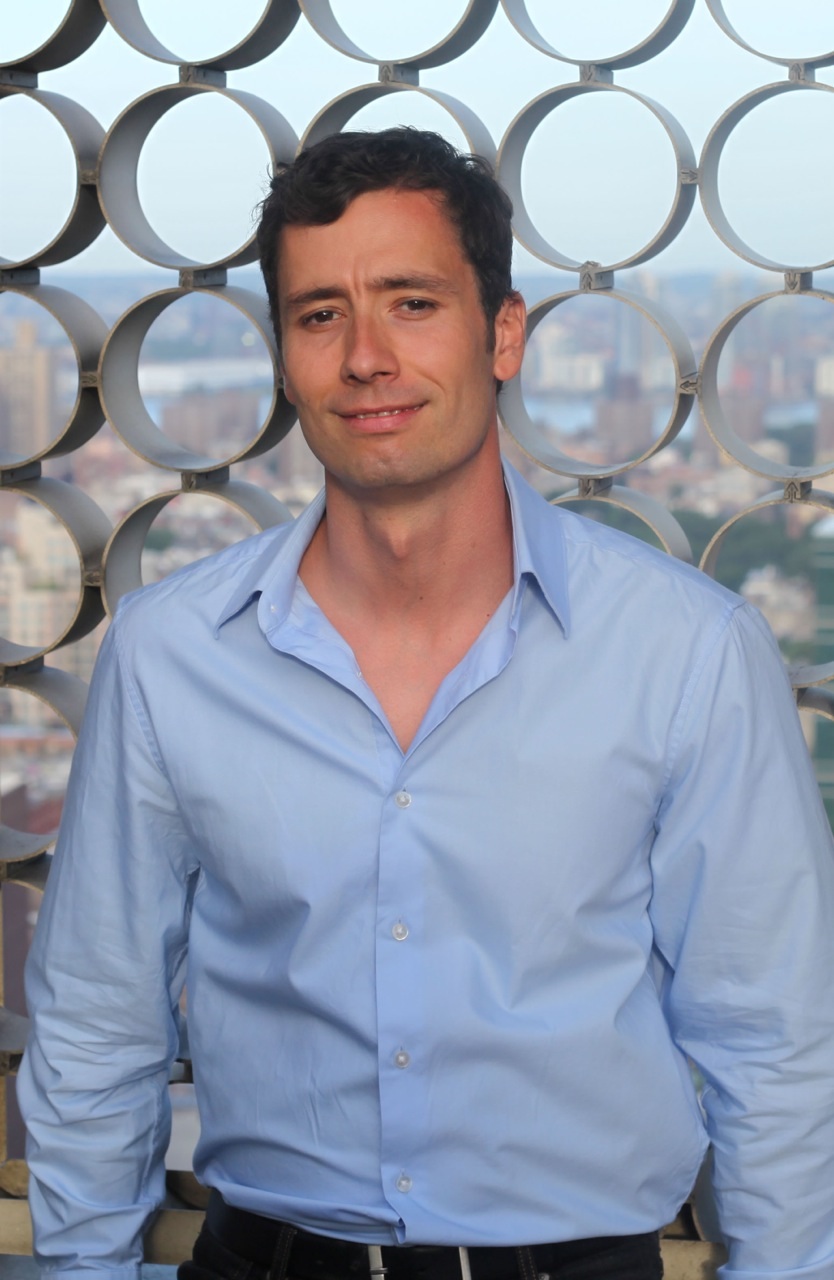
ABOVE: KENAN TREBINCEVIC
Could you ever forgive those responsible for murdering your friends and family? Kenan Trebincevic struggles with this in his memoir The Bosnia List (Penguin), co-authored with Susan Shapiro. Trebincevic had a happy childhood growing up in Brcko, a small town in Bosnia, with a close, loving family. His father ran a popular gym, and there Kenan had fun learning karate under his father’s gentle but firm tutelage. But in the spring of 1992, when Kenan was 11 years old, his idyllic universe was shattered by violence. The whole country, wrecked by bombs, blood, and a vicious ethnic cleansing campaign, turned on Trebincevic and his family for being Muslim. This is the story of his and his family’s survival, escape, and his eventual return as an adult to the country he was forced to flee.
Told with courage, compassion, and clear, shocking prose, Trebincevic and Shapiro have together crafted a non-fiction narrative that is a horrifying, vital, and visceral coming-of-age story with an ending that is surprising and ultimately, healing. We spoke with Trebincevic and his co-author Shapiro about their unlikely collaboration, how Trebincevic let go of revenge for forgiveness, persecution, getting at the emotions underneath his pain, and how coming forward with his experience has opened up his world.
ROYAL YOUNG: You did a lot of work to get to a place of forgiveness. Did writing the book ever throw you back into anger?
KENAN TREBINCEVIC: I didn’t come out with forgiveness, I came out with grace.
YOUNG: What’s the difference?
TREBINCEVIC: At first I was a teenager, a young boy who lost his happy childhood. Writing my story with Susan I came to understand how amazingly lucky we were.
SUSAN SHAPIRO: I was his femme Freud.
TREBINCEVIC: Whenever Susan asked me how I felt, I would say, “My parents were too busy telling me to duck to ask me how I felt.”
YOUNG: How did it feel to finally have the experience of someone pushing you to get at an emotional place?
TREBINCEVIC: I never really made full sense of how and why we survived. I love the line “I write to find out what I think.” For me, it became very true. I felt like I was in a maze where every time I half remembered a story there was another roadblock I had to find my way around. But Susan was totally immersed in the story with me. At times I would call her and she would be crying. She took me back to that time period. I had to reprocess it, but this time as an adult.
YOUNG: You never fully processed the experience?
TREBINCEVIC: Yes, I still felt like a 12-year-old boy until I went back to Bosnia as an adult.
YOUNG: So you’ve grown tremendously in writing this book.
TREBINCEVIC: I have. I always had a short fuse, I would fight with people. Now I’m more laid-back. My older brother said to me after reading it, “Wow, I never knew you felt that way.”
SHAPIRO: When I first met Kenan, he never talked about this. He would meet new people and they would never know that his own country betrayed him with an ethnic cleansing campaign because of his religion.
YOUNG: How did you get him to start opening up about his experience?
SHAPIRO: I tore two ligaments in my lower back. He was my physical therapist. I was very vulnerable and in a bad place. I’m a total basket case, and I would try to grade papers while exercising. He came over to me and said—
TREBINCEVIC: Is the assignment what I did on my summer vacation?
SHAPIRO: And I said, “No, It’s write about your most humiliating secret.”
TREBINCEVIC: I laughed and told her “You Americans! Why would anyone want to reveal that?”
SHAPIRO: I said it was healing. He sort of looked at me differently. The next time I came he rushed over to me, put electrodes on me and handed me three pages he had written and stood over me while I read it.
TREBINCEVIC: I never had an issue talking about my experience if people asked me, but the way she asked me was different. Most people would just want to know if I saw people get killed or how many times a day I prayed. That totally turned me off. She got into my veins. I felt taken care of. Her being Jewish helped a lot, too, because of what her people went through. I felt we had similar pasts of persecution, especially in Europe. She told me to do a flashback scene and I said “No way. It’s not happening.” The next day I came back with 43 pages. At that point to me it became soothing and cathartic.
YOUNG: Was there something important to you about putting your story out there publicly?
TREBINCEVIC: For me, I did it for my inner soul. It was more an obligation to my mother who always wanted to tell our story, but she was too sick to write it before she died, for my people, for anyone who has ever been persecuted because of nationality or religion or ethnicity. This was the best way I could think of to avenge my people.
YOUNG: It seems to me like what would compound the trauma and make the pain greater is feeling like no one cares. Did it lift something in you to realize that people did care and wanted to hear your story? You’re now affecting anyone who has been persecuted and helping them.
TREBINCEVIC: Most recently I had a friend who read the book and he said, “I’ve never been through anything like that. It made me question my life, like, why am I so angry? I’ve never had anyone point a gun at my head.” I like to think Bosnia is a canvas, but the story is really about survival, faith, resilience, and transformation.
YOUNG: What was your brother’s reaction to reading your book?
TREBINCEVIC: He was shocked by many things he read. He learned that my favorite teacher held a rifle to my head and our neighbor waited for me to carry a canister of water home just so he could shoot at me. I never told that to him or my parents because I knew if I told them, they wouldn’t let me go outside. I was our only lifeline at the time because I wasn’t of fighting age.
SHAPIRO: For me the most shocking was seeing the change in Kenan as we wrote the book. He really started so angry he was thrown out of his home and all his friends had betrayed him, but at the end he said to me “In retrospect, we were the luckiest Muslim family in Brcko.”
TREBINCEVIC: I realized it was all small calls. We missed getting killed by a day, we got through the checkpoints trying to escape. If any of those things didn’t happen, we would never have ended up in the United States. Once we did, my mother would always tell me, “Never forget those who did us wrong, but you have to remember the good people too.”
THE BOSNIA LIST IS OUT TODAY.

